9, June 2021
Trump congratulates s**thole country for shutting down Twitter 0
Former U.S. President Donald Trump has congratulated Nigeria for blocking Twitter and he is further calling for more countries to follow suit.
“Congratulations to the country of Nigeria, who just banned Twitter because they banned their President. More COUNTRIES should ban Twitter and Facebook for not allowing free and open speech – all voices should be heard,” Trump said in a statement.
American social media companies banned former US President Donald Trump from their platforms after accusing him of spreading falsehoods and inciting the crowd which attacked the Capitol in January.
Trump holds on to the need to create another competitive social media platform.
“In the meantime, competitors will emerge and take hold. Who are they to dictate good and evil if they themselves are evil? Perhaps I should have done it while I was President,” Trump added. “But Zuckerberg kept calling me and coming to the White House for dinner telling me how great I was. 2024?”
Trump is quoted to have said: “Why do we want all these people from Africa here? They’re s**thole countries … We should have more people from Norway.”
He made the comments whiles meeting a bipartisan group of senators at the White House on Thursday. He has tweeted today denying the use of the word.
Millions of Nigerians were unable to access Twitter Saturday after the government enforced an indefinite suspension of the microblogging platform’s operations in Nigeria.
The Association of Licensed Telecommunication Operators of Nigeria said in a statement that its members have suspended access to Twitter in compliance with a government directive to do so.
The Nigeria government said Friday it was indefinitely suspending Twitter in Africa’s most populous nation after the company deleted a controversial tweet President Muhammadu Buhari made about a secessionist movement.
Minister of Information and Culture Lai Mohammed said Friday that government officials decided to suspend Twitter because the platform was being used “for activities that are capable of undermining Nigeria’s corporate existence.”
Mohammed criticized Twitter for deleting the post, saying, “The mission of Twitter in Nigeria is very suspicious,” and that Twitter had in the past ignored inciting tweets against the Nigerian government.
In recent months, pro-Biafra separatists have been accused of attacking police and government buildings. In his tweet, Buhari vowed to “treat them in the language they understand.”
Twitter had deleted Buhari’s post on Wednesday, calling it abusive.
Source: Africa News
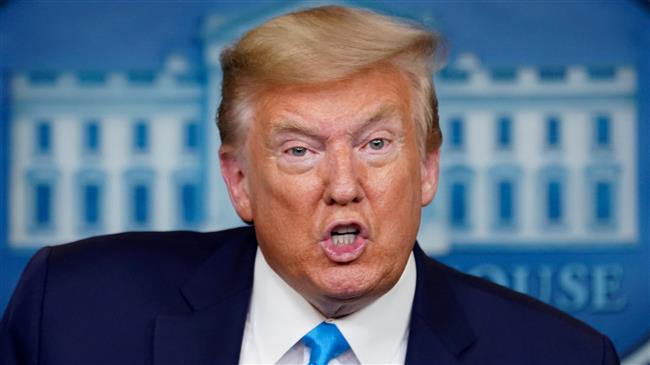
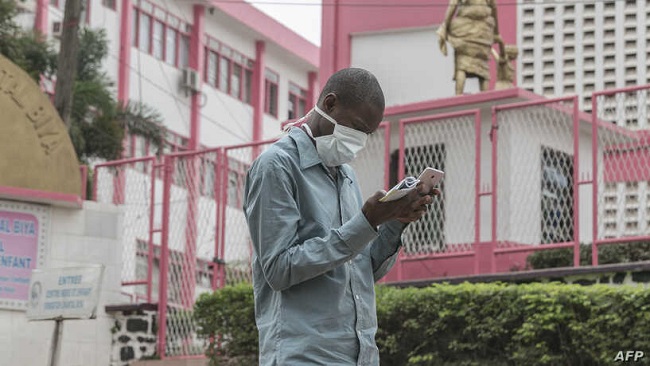
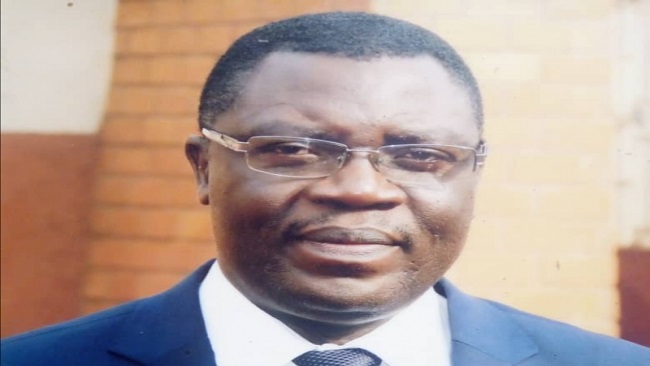
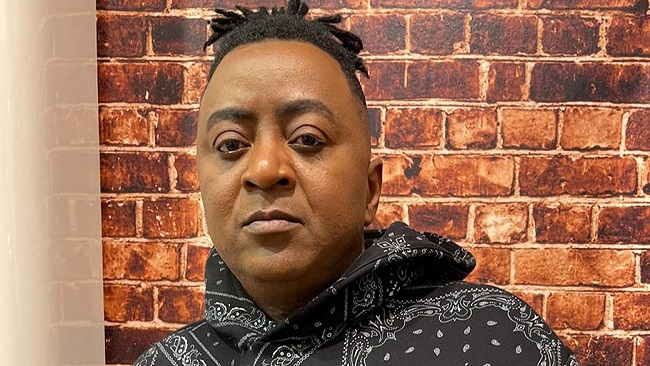
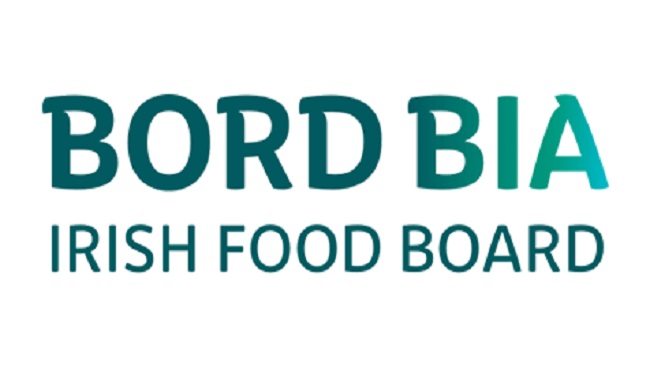
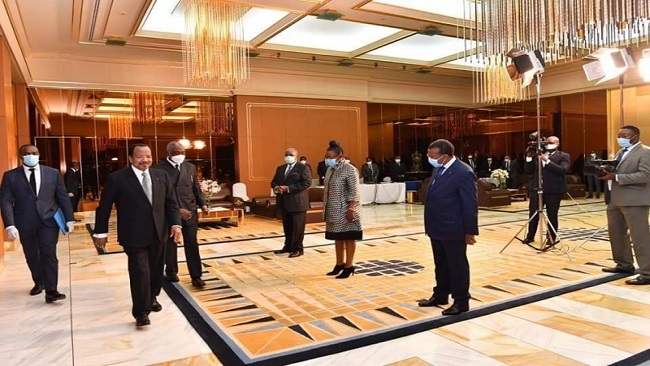
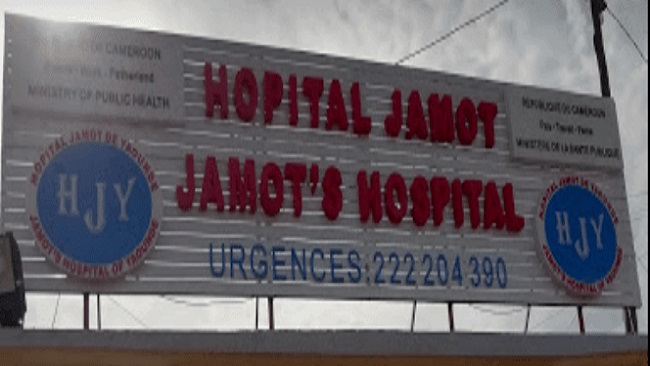



















22, June 2021
WHO to establish first vaccine tech transfer hub in South Africa 0
South Africa will host the continent’s first Covid-19 vaccine production facility, as President Cyril Ramaphosa said Monday Africa now understood that doses would “never come” from elsewhere in time to save lives.
Ramaphosa joined the World Health Organization (WHO) and French President Emmanuel Macron in announcing the new hub for Messenger RNA coronavirus vaccine technology.
But as the project will take time to get off the ground, no vaccines are expected from it until next year.
At tech transfer hubs, the technology is established at industrial scale, while interested manufacturers can receive training and any necessary licences to the technology.
“The ability to manufacture vaccines, medicines and other health-related commodities will help to put Africa on a path to self-determination,” Ramaphosa told a WHO virtual press conference via video-link.
“It’s been shown now that we just cannot continue to rely on vaccines that are made outside of Africa because they never come. They never arrive on time and people continue to die.”
Hub seen as combating inequality
The hub is seen by the Geneva-based WHO as a way to combat the vast inequality in access to vaccines between the world’s wealthiest and poorest nations.
WHO chief scientist Soumya Swaminathan said it could take nine to 12 months before Covid-19 vaccines could be produced in South Africa using tested and approved processes.
Under the tech transfer hub system, the WHO and its partners bring in the production know-how, quality control and necessary licences to enable a rapid roll-out.
At the South African hub, the bio-pharmaceutical company Biovac will act as developer; the Afrigen biotechnology firm will be the manufacturer; and a consortium of universities will provide the scientific know-how.
Messenger RNA genetic technology — as used in the Pfizer-BioNTech and Moderna coronavirus jabs — trains the body to reproduce spike proteins similar to those found on the coronavirus. When exposed to the real virus later, the body recognises the spike proteins and is able to fight them off.
The WHO said it would “continue its assessment of potential mRNA technology donors and will launch subsequent calls for other technologies, such as viral vectors and proteins, in coming months”.
Kate Stegeman of Doctors Without Borders (MSF) said that “Moderna and Pfizer/BioNTech must immediately share their mRNA technology with the hub so that many more mRNA vaccines can be produced independently by manufacturers in South Africa and more broadly on the African continent”.
‘Great day for Africa’
During a visit to South Africa last month, Macron said he was pushing for the faster transfer of technology to allow poorer countries to start manufacturing their own Covid-19 jabs.
It was a “great day for Africa,” said Macron.
“Each continent must be able to develop and produce its own vaccines, its own medicines,” he added.
“Action for global public goods is the fight that this century must uphold and the fight that cannot wait.”
South Africa accounts for more than 35 percent of Africa’s total recorded Covid-19 cases, and is currently suffering a third wave of infections.
South Africa, along with India, has been pushing for a temporary waiver of vaccines’ intellectual property rights in order to speed up production.
More than 2.6 billion doses of Covid-19 vaccines have been injected in at least 216 territories around the world, according to an AFP count.
In the highest-income countries, accounting for 16 percent of the global population, 74 doses have been injected per 100 inhabitants.
Source: AFP